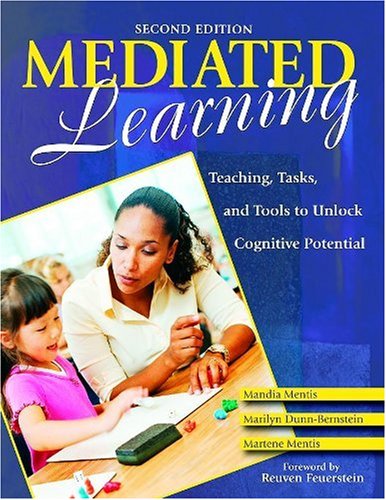LOST SHIPS: THE DISCOVERY AND EXPLORATION OF THE OCEAN'S SUNKEN TREASURES (The Learning Channel Series) Review
![]()

From the day the first humans put to sea 50,000 years ago, the ocean has never lost its power to fascinate mankind. This fascination endures despite -- or, perhaps, because of -- the ever-present danger that has been, for a thousand generations, the cost of seafaring: shipwrecks. From prehistoric dugouts to the "Titanic" herself, new discoveries, and thousands of old ones, retain a firm grip on the imagination of the world; they remain a source of dread and fascination, an example of human frailty in the face of nature's power.
"Lost Ships" is a chronicle of three of the most fascinating adventure stories in maritime history -- or, rather, three stories of adventure and three of exploration, for each part of "Lost Ships" intertwines the tale of a shipwreck with that of its subsequent discovery by Mensun Bound, marine archaeologist and adventurer. Using a combination of high-tech gadgetry -- sonar sensing, satellite mapping, carbon dating -- and old-fashioned detective work, Bound documents the distinct character of each discovery, tells the story of the crew and/or passengers, places each wreck in its historical context, and shows the Challenges overcome in the exploration of the wreck. And what a selection of shipwrecks these are: the Mahdia ship that carried the spoils of Sulla's sack of Athens in the first century B.C.E., sank off the coast of North Africa, and was rediscovered only in 1993; the "Agamemnon, " Horatio Nelson's first ship of the line and victor at the Battle of Trafalgar; and the "Graf Spee, " one of Nazi Germany's most powerful warships, scuttled in the
River Plate in Uruguay after the most thrilling naval chase of the century. Here are:
thedestruction of Athens and Piraeus as chronicled by Plutarch and Appian...the journey of the treasure ship back to Rome, only to sink off the coast of North Africa...its unwitting discovery by Jacques Cousteau in 1948, and its rediscovery by Mensun Bound in 1993.
the history of one of the great ships of the Napoleonic Wars, one of the great line of British ships whose guns destroyed French sea power for good at Trafalgar...her own destruction in the teeth of a South Atlantic storm...the salvage of one of those great guns -- one of the guns of Trafalgar -- from the bottom of Maldonado Bay.
the near-legendary story of the outgunned British cruisers "Exeter, Ajax, " and "Achilles, " and the epic battle they had fought with the pride of the German navy, the pocket battleship "Graf Spee."..the commerce raider scuttled in the harbor of Montevideo by her extraordinary commander, Zee Kapitan Hans Wilhelm Langsdorff...Langsdorff's suicide, fallen on the battle ensign of the ship he had commanded.
Ranging from the Mediterranean to the South Atlantic, from satellites hundreds of miles above the surface of the earth to the ocean floor, "Lost Ships" is a vivid and exciting record of both nautical adventure and maritime exploration.






